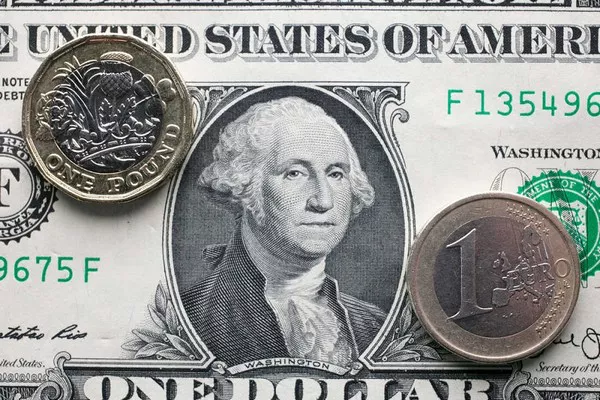The USD/CHF pair fell for the second consecutive session to around the 0.9020 level during Monday’s Asian session. Uncertainty over the Federal Reserve’s (Fed) interest rate outlook has created a complex and volatile environment for the U.S. dollar.
In addition, the Swiss Franc (CHF) appears to be attracting buying support amid military conflicts in the Middle East, as it is seen as a safe haven during times of geopolitical uncertainty. In the current geopolitical landscape, investors seeking stability and a safe haven currency may help strengthen the Swiss franc.
U.S. officials have been in talks with Israel about a possible visit by President Joe Biden to Israel, Reuters reported, citing an unidentified source. Israeli Prime Minister Benjamin Netanyahu has reportedly extended an invitation for the visit.
On Friday, Swiss producer and import prices fell 1.0% year-on-year in September, widening from the previous decline of 0.8%. Meanwhile, monthly data showed a 0.1% decline, in contrast to August’s 0.8% drop. September trade balance data will be released later this week.
Several Fed officials have said that a November rate hike may be delayed as financial conditions tighten due to rising bond yields, which is negative for USD/CHF.
The U.S. Dollar faced challenges after Friday’s preliminary reading of the University of Michigan Consumer Sentiment Index for October fell to 63.0 from the previous reading of 68.1, below expectations of 67.4.
The U.S. Dollar Index (DXY) is slightly lower near 106.50. A rebound in U.S. Treasury yields from recent losses could help support the greenback. At press time, the yield on the 10-year U.S. Treasury note was 4.67%, up 1.37%.
On Tuesday, U.S. monthly retail sales are expected to show an increase of 0.2% in September, compared to the previous reading of 0.6%, a data that could influence market dynamics and the USD/CHF.


